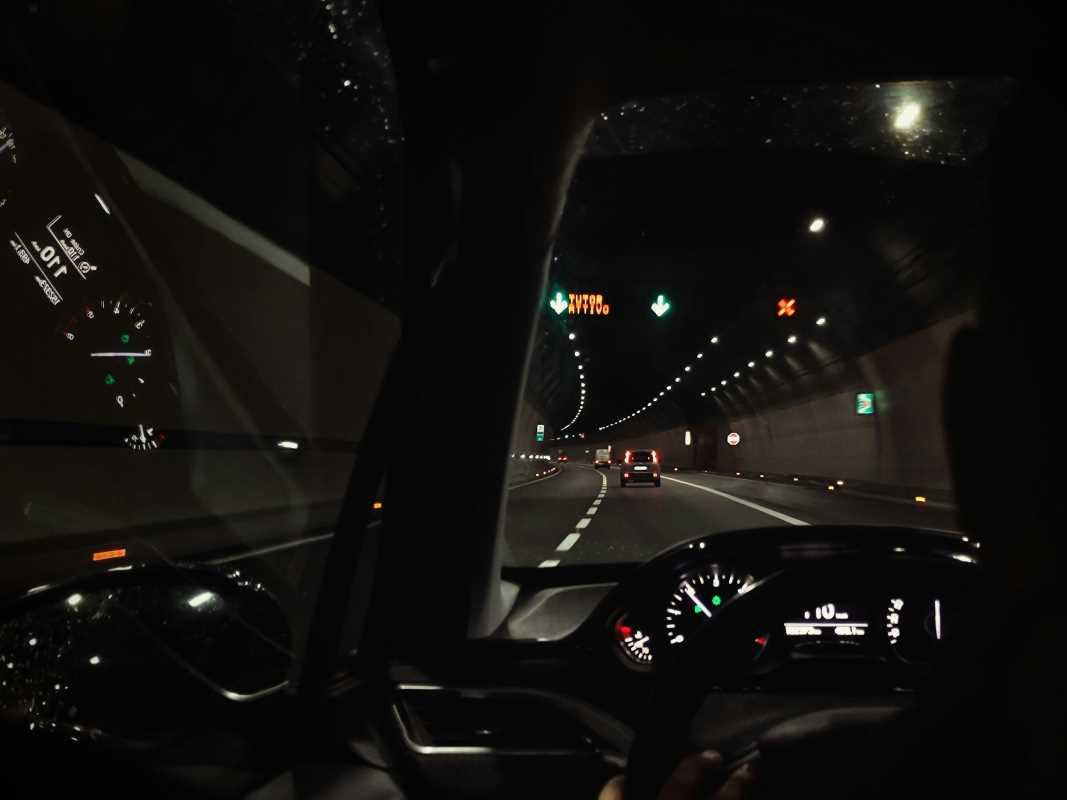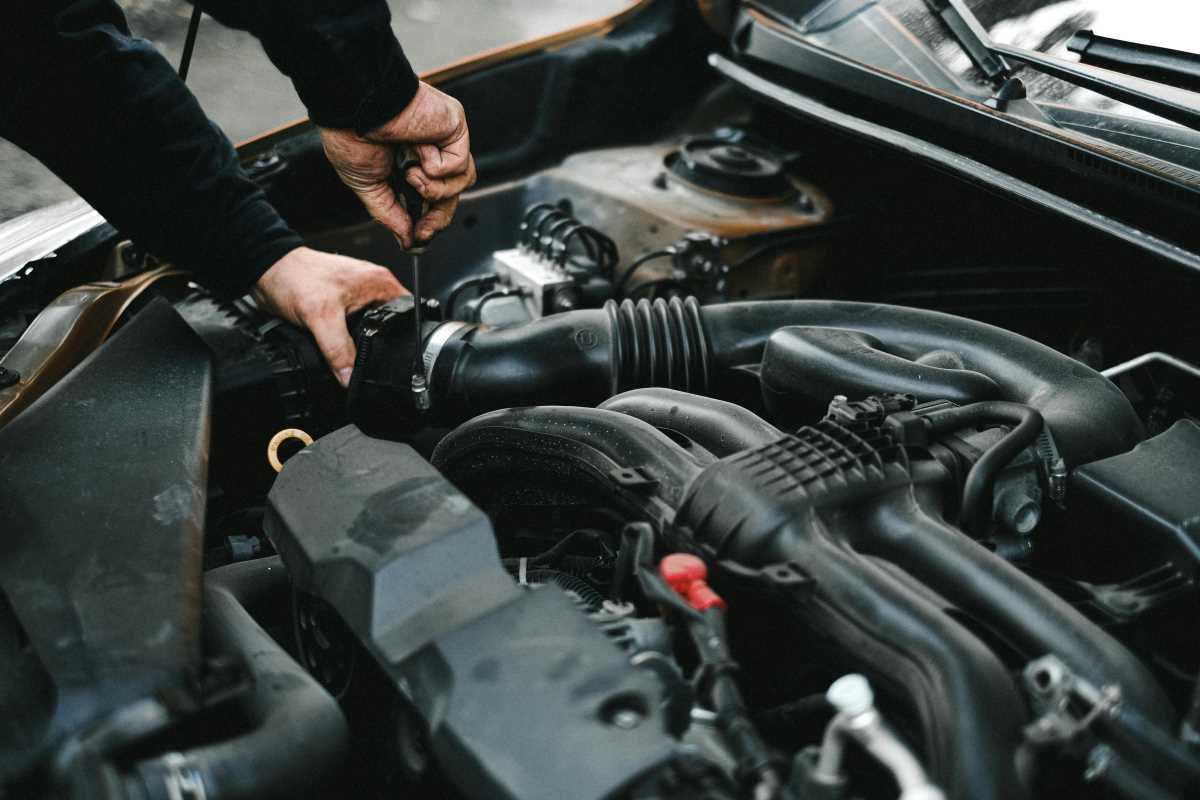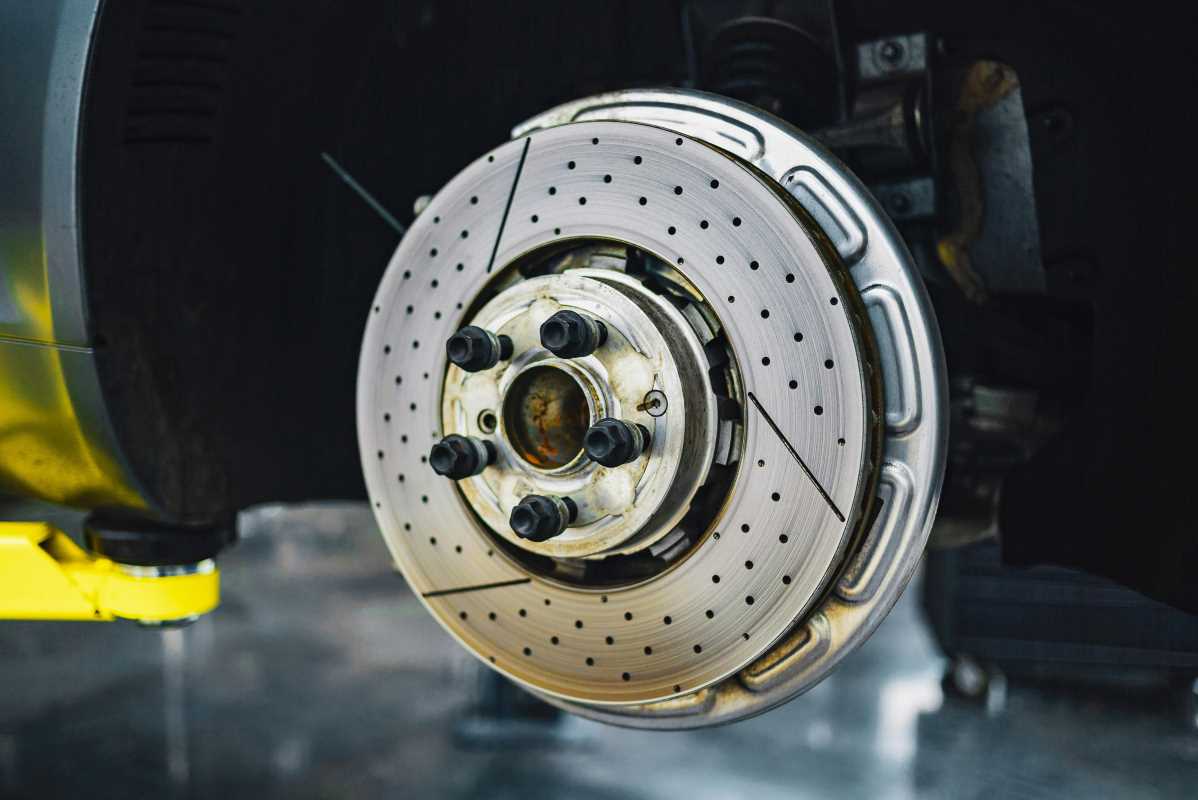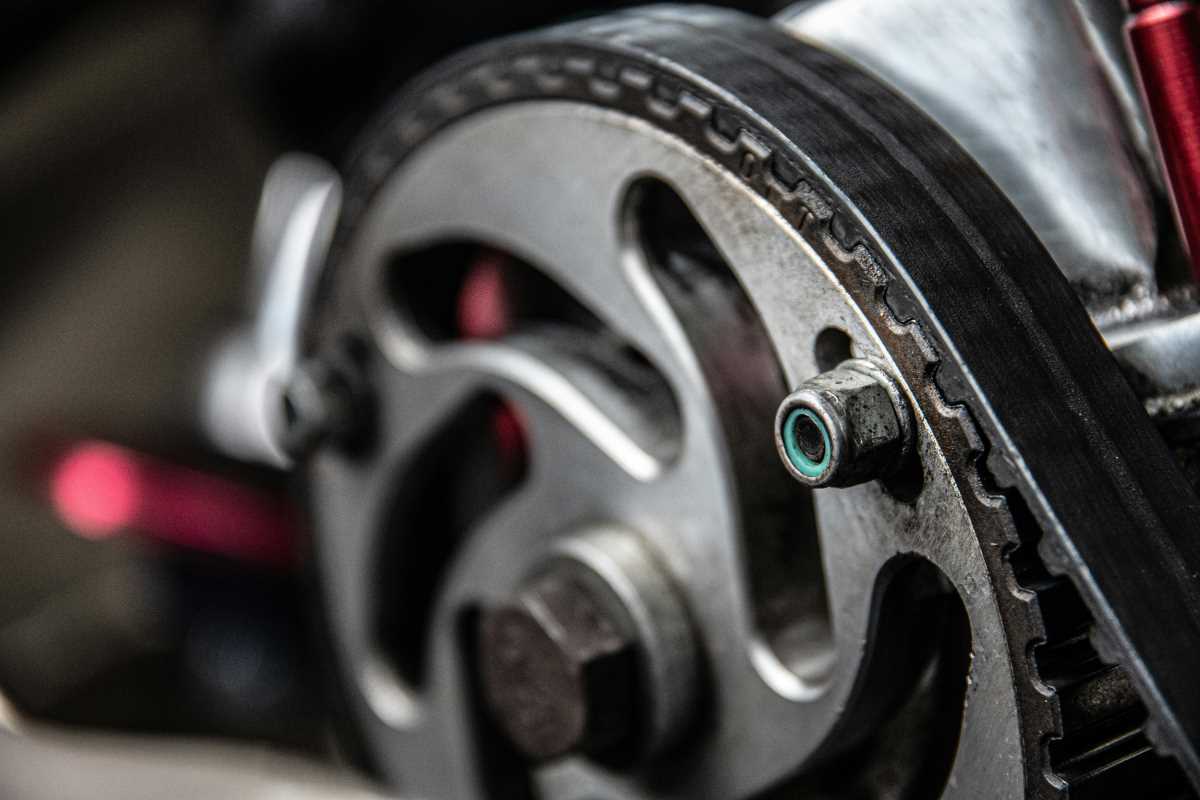Your car’s water pump plays a critical role in keeping the engine cool, ensuring proper temperature regulation, and preventing overheating. When this essential component begins to fail, it can lead to significant engine damage if left unaddressed. Recognizing the early warning signs of a faulty water pump is key to preventing costly repairs and maintaining your vehicle’s performance. This guide will help you spot common symptoms, understand their causes, and decide when professional help is needed.
Is Your Engine Overheating?
One of the most evident signs of a failing water pump is engine overheating.
- What’s happening?
- The water pump’s job is to circulate coolant through the engine and radiator. If it isn’t working properly, coolant flow is restricted, leading to excessive heat buildup.
- How to check:
- Monitor your dashboard temperature gauge. If it consistently tilts into the red zone, your engine is likely overheating.
- Be aware of steam rising from under the hood, which is a major indicator of overheating.
- What to do:
- Pull over immediately if your engine overheats to prevent further damage. Allow the engine to cool down completely before inspecting it.
Warning: Driving with an overheated engine can cause severe damage, including a warped cylinder head or cracked engine block.
Are There Coolant Leaks Under Your Car?
Coolant leaks are a common symptom of water pump failure and should never be ignored.
- What’s happening?
- Over time, the seals and gaskets in the water pump can wear out, causing coolant to leak. These leaks may leave puddles of bright green, orange, or pink fluid under your car.
- How to check:
- Inspect the ground where your car is parked for puddles or drips.
- Check around the water pump housing for signs of dried coolant residue or stains.
- What to do:
- If you find a coolant leak, have your system inspected by a professional. The leak might originate from the water pump or another component of the cooling system.
Reminder: Ignoring coolant leaks can lead to overheating or low fluid levels, both of which can damage your engine.
Do You Hear Unusual Noises From the Engine?
A failing water pump often produces strange noises that indicate internal damage.
- What’s happening?
- A loose or failing water pump pulley may produce a high-pitched whining or squealing noise.
- Worn bearings inside the pump can cause grinding or rumbling sounds.
- How to check:
- Open your car’s hood while the engine is running and listen for unusual noises.
- Pay attention to changes in pitch or volume as you rev the engine.
- What to do:
- If you hear consistent whining, grinding, or squealing, have the water pump inspected. Continuing to drive could result in the pump seizing, which might damage the timing belt or other components.
Pro Tip: Unusual noises from the engine bay should always be taken seriously, as they often indicate wear in critical components.
Is Your Coolant Level Consistently Low?
Frequent drops in the coolant level can point to an issue with the water pump or a leak in the system.
- What’s happening?
- A failing water pump may have leaks, or its inability to circulate coolant effectively can cause it to evaporate at higher rates.
- How to check:
- Inspect your car's coolant reservoir regularly, especially after noticing performance issues.
- Warning lights for low coolant or elevated engine temperature may appear on your dashboard.
- What to do:
- If your coolant level keeps dropping despite topping it off, get your cooling system thoroughly checked for leaks, including the water pump.
Warning: Driving with insufficient coolant can lead to engine overheating and significant damage.
Have You Noticed Steam or Smoke Coming From the Radiator?
Steam or smoke coming from under the hood is a major red flag.
- What’s happening?
- Cooling system failure, often linked to a malfunctioning water pump, can cause the coolant to overheat and turn into steam. This may escape from the radiator or overflow tank.
- How to check:
- Observe if steam starts forming during long drives, especially in stop-and-go traffic or hilly terrain.
- Check if your car’s radiator cap is unusually hot, as this indicates excessive pressure buildup.
- What to do:
- Pull over immediately and wait for the engine to cool down before investigating. Handle the radiator and other components cautiously to avoid burns.
Pro Tip: Steam often means a bigger issue is brewing, so it’s essential to have a mechanic assess the problem.
Does the Water Pump Show Signs of Corrosion?
Regular wear and tear can lead to corrosion on the water pump, which compromises its function.
- What’s happening?
- Coolant can degrade over time, becoming acidic and corroding the water pump’s housing. Additionally, mineral deposits from hard water can build up inside the pump.
- How to check:
- Inspect the area around the pump for rust, pitting, or residue buildup.
- Look for signs of coolant leakage mixed with corrosion near the water pump.
- What to do:
- Corrosion is a sign that your water pump is nearing the end of its lifespan. Prevent further damage by having it replaced, and flush your cooling system to remove old, degraded coolant.
Pro Tip: Use coolant recommended by your car's manufacturer to prevent future corrosion and improve longevity.
Is Your Engine Making Gurgling Sounds?
Gurgling noises can sometimes indicate air pockets in the cooling system, a secondary symptom of a faulty water pump.
- What’s happening?
- A malfunctioning pump can trap air in the system, disrupting the coolant’s flow and causing overheating.
- How to check:
- Listen for gurgling sounds during or after a drive, particularly near the radiator or coolant reservoir.
- Check for bubbles in the coolant tank, which might mean air has entered the system.
- What to do:
- Bleed your cooling system to remove air pockets. If the problem persists, have the water pump inspected for internal failure.
Reminder: Air in the cooling system reduces its efficiency and can damage the pump if ignored.
When Should You Replace a Water Pump?
Many water pumps are built to last, but they do have a defined lifespan.
- Replacement recommendations:
- Most water pumps should be replaced every 60,000 to 100,000 miles, often alongside timing belt changes in vehicles where the components are connected.
- Signs it’s overdue:
- Persistent coolant leaks, overheating, or engine noises are clear indicators that your pump needs replacement.
Tip: Preventive replacement during timing belt service can save on labor costs, as both components often require similar disassembly.
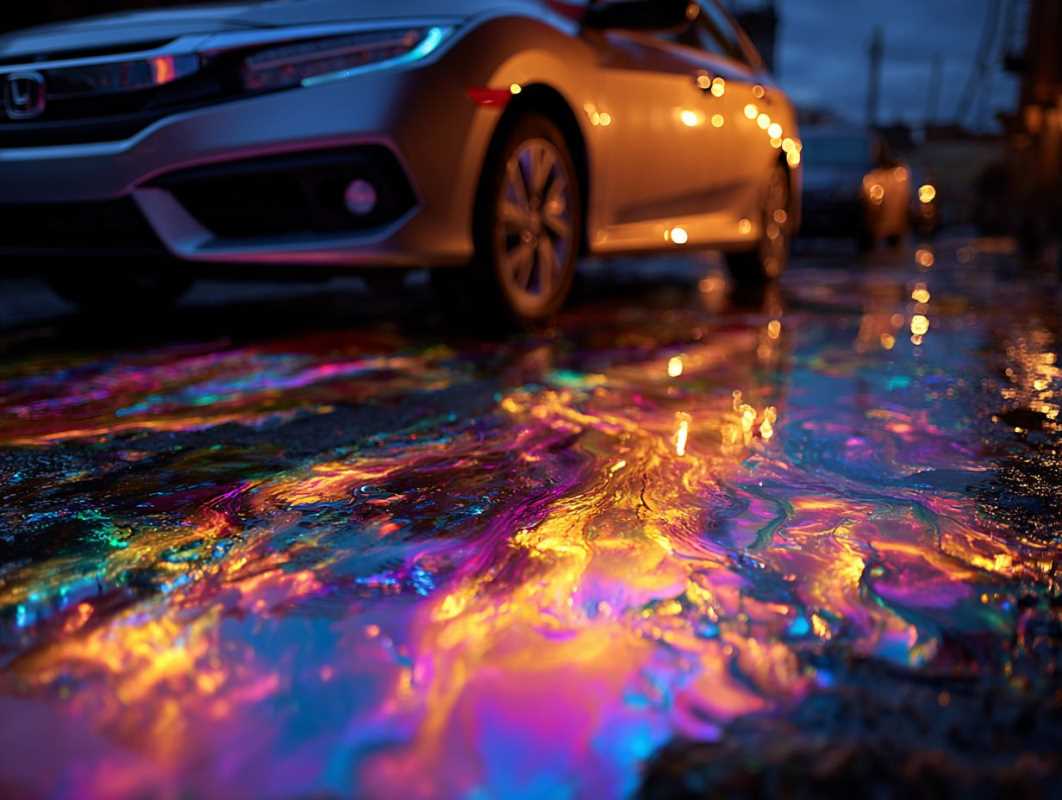 (Image source: Midjourney)
(Image source: Midjourney) 